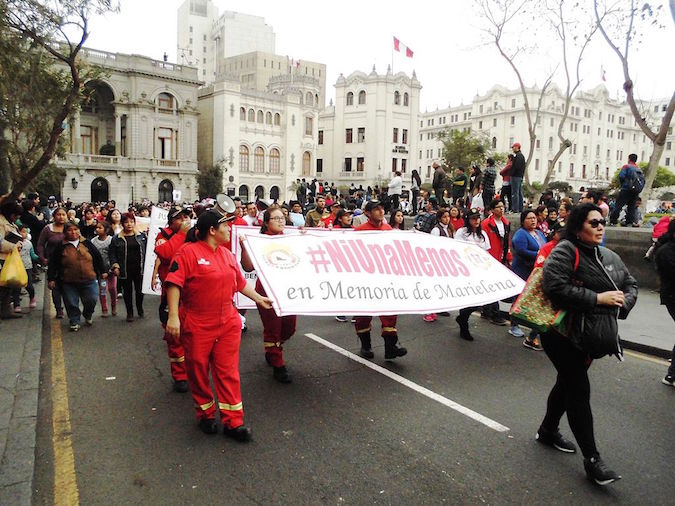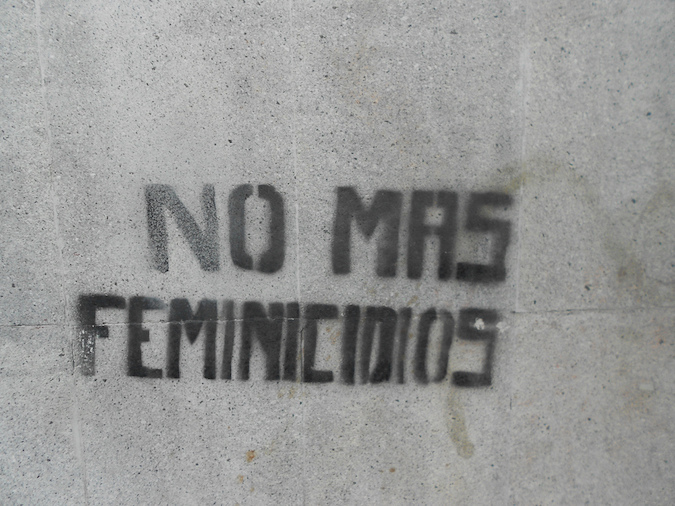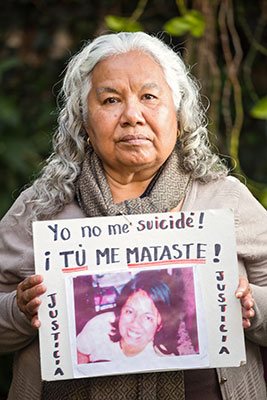Executive Director’s blog series: “Ni Una Menos” (Not One Less) – Fulfilling the promise to end femicide for women and girls
A 16-part blog series by UN Women Executive Director, Phumzile Mlambo-Ngcuka on the occasion of the 16 Days of Activism Against Gender-Based Violence campaign.Date:

In what has now become an alliance through Latin America to end the brutal sexual violence and murder of women and girls, the rallying cry of “Ni Una Menos”, or ‘not one less’ has galvanized a call for urgent action at all levels, from government policy-makers to individual change-makers. The movement started in Argentina in 2015, as women took to the streets to protest against femicide -the killing of a woman because of her gender.

The killing of women, simply because they are women, is one of the most heinous violations of human rights. Every woman’s life is valuable. No woman should lose her life to femicide, or have to suffer any other form of violence.
Among the 25 countries with the highest rates of femicide in the world, 14 are in Latin America and the Caribbean region.
Globally, an estimated 66,000 women and girls are killed annually. These deaths often result from the escalation of domestic and intimate partner violence – national studies in South Africa and Brazil have estimated that every six hours, a woman is killed by her intimate partner.
This was the experience of Irinea Buendía’s 29-year-old daughter, Mariana Lima, who was murdered in Mexico when she tried to leave her abusive husband in 2010. Mariana Lima’s husband was a policeman, and he used his position to conceal evidence and provide false statements about her murder. But in 2015, Mexico’s Supreme Court issued a historic verdict – the court found that the absence of a gender-sensitive approach had led to human rights violations, of both Mariana Lima and her surviving mother.

Behind every femicide statistic is the story of a woman like Mariana Lima whose life should have been valued and defended. For every woman violated is a man like her husband, who must be caught and held accountable.
The European Union and the United Nations are combining forces to channel funds and services to where they are needed most to eliminate all forms of violence against women. The EU has committed 500 million euros to the joint Spotlight Initiative with the UN; shining a spotlight on the hidden forms of violence faced by women and girls to create a brighter future for everyone.
In Latin America where rates are highest, this funding will help UN Women capitalize on existing progress made, for example through work with the National Citizen Observatory on Femicide – a coalition of 49 human rights organizations across Mexico to prevent and eliminate femicide.
Every action that UN Women has taken or supported is a step toward fulfilling the words Ni Una Menos, a promise to the women we’ve lost and to future generations of women. Not one less.